This year's final post on the Grief After Suicide blog features what I believe is an extraordinarily wise reflection on grief from Dr. Robert Neimeyer, a world-renowned expert on bereavement who is also a suicide loss survivor (shortly before his 12th birthday, Neimeyer's father died by suicide). His comments were recorded for an AfterTalk radio special shortly after the Paris terrorist attack on November 13.
A listener notes that "terror is the trigger for my grief and sadness" and asks how people might best respond to that dilemma. In reply -- while touching upon how acts of public violence can affect both the broader society and individuals who have experienced traumatic grief -- Neimeyer says:
I don't think that the pain of grief is often the problem. The pain that is problematic is that which complicates grief ... for example, when our own sense of rage or injustice begins to dominate to a point that we don't give space to the sadness [and] space to the mourning ...
He points out that his observation isn't about only terrorism but also about traumatic loss "in our own personal lives." Certainly, I would say, this applies to how various emotional reactions associated with a suicide can interfere with a person's feeling of pure grief over the death itself. (For more on emotional reactions to suicide, please see "Suicide Grief Is Unique Because Death by Suicide Is Unique.")
Suicide loss survivors may, then, benefit from the advice with which Neimeyer concludes his answer:
I think that a first step might be to distinguish what is grief from what is not grief and to recognize that grief in the presence of suffering and loss is an appropriate response to a tragic circumstance ... to recognize that there can be complicating emotions and behavioral responses ... Sometimes the problem comes with seeking a hasty solution ... to a circumstance that really requires a longer-term response.
Neimeyer alludes to one requirement of a longer-term response being space for sadness and mourning. In 2016, the Grief After Suicide blog will be dedicated to helping people bereaved by suicide find, create, and share the healing space we need to focus on grieving our loss.
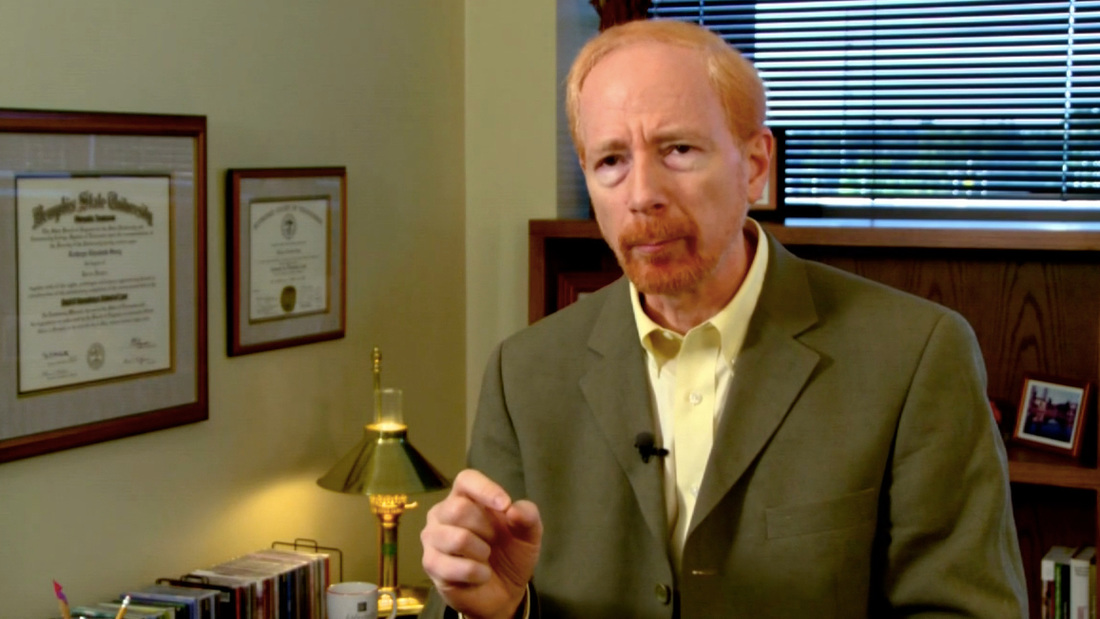
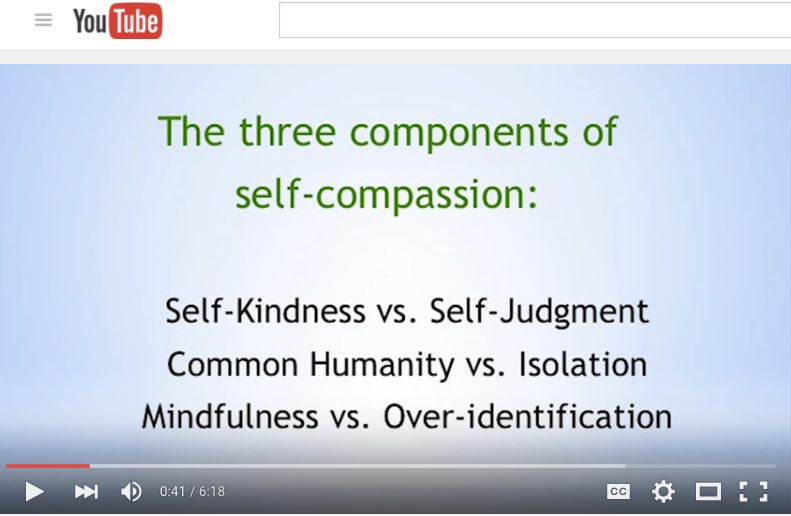
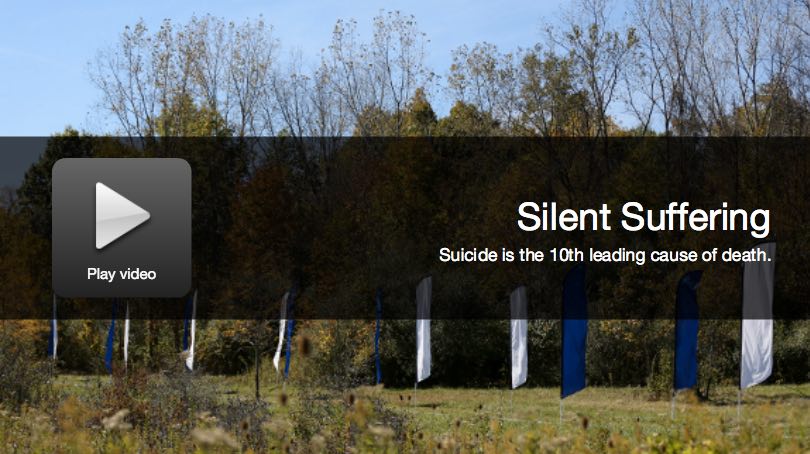
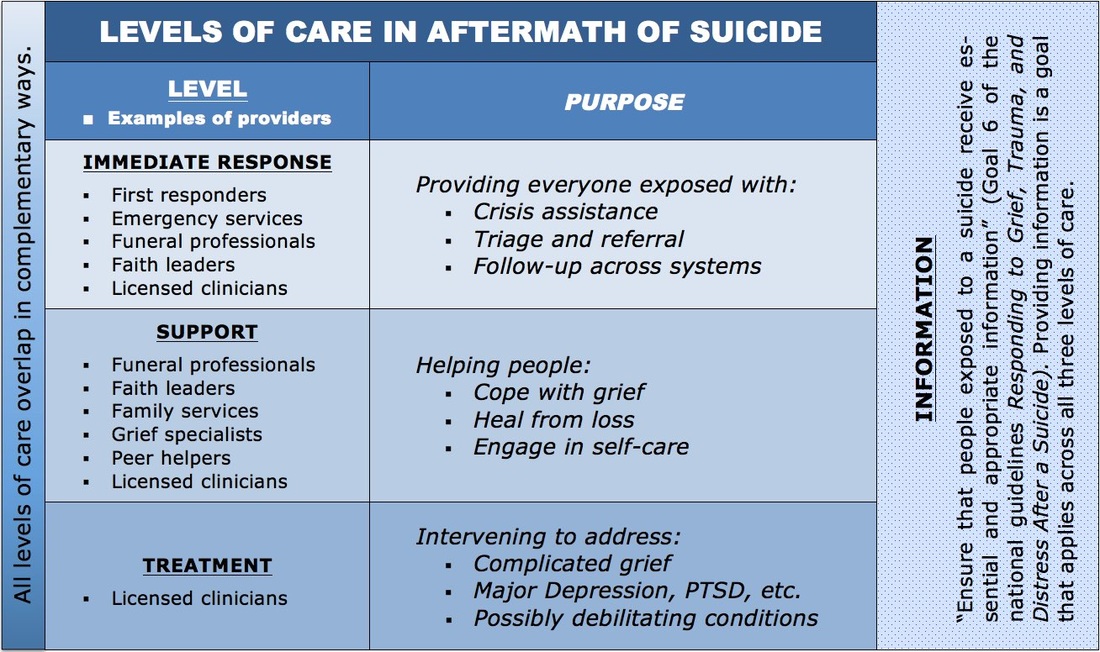

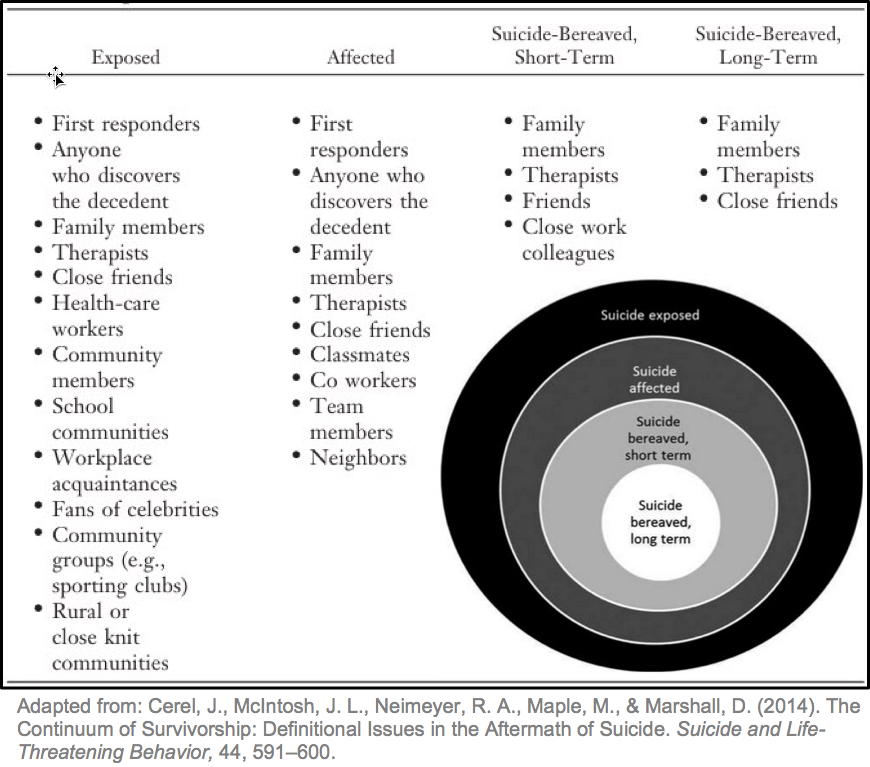
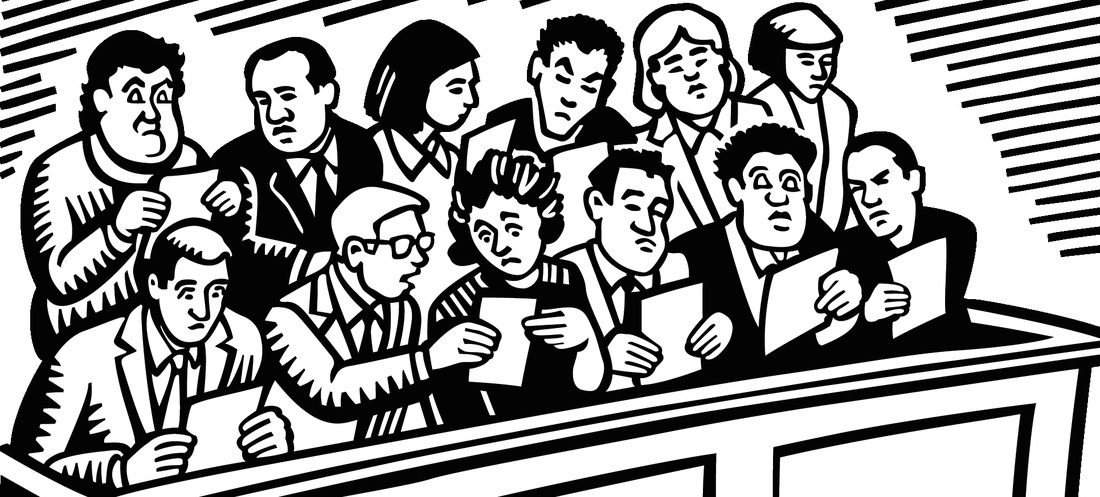

 RSS Feed
RSS Feed